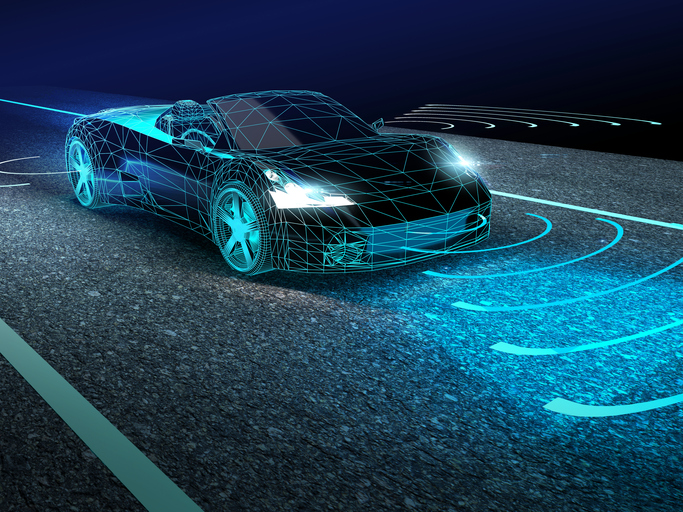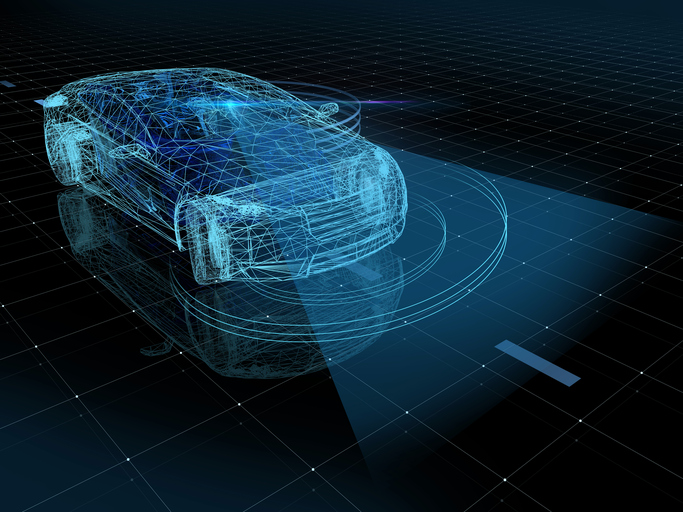We are hiring! Are you an experienced technician? Join our outstanding team »
Guide to Autonomous Lane Keeping Systems (ALKS)
Reading time 5 minutes
Categories Automotive Industry »
We are hiring! Are you an experienced technician? Join our outstanding team »
Guide to Autonomous Lane Keeping Systems (ALKS)
Reading time 5 minutes
Categories Automotive Industry »
Autonomous Lane Keeping Systems, or ALKS, are able to control the lateral and longitudinal movements of a vehicle without any input from the driver. Put simply, that means the system can change lanes and alter the vehicle’s speed on its own. While there have been other iterations of ‘automated’ driving assistants like cruise control, ALKS is a completely different version – this is the first time drivers can delegate the task of driving to their vehicle.

The new regulations were approved in June this year, with the aim of ALKS being available in new cars released in 2021.
In terms of countries, the UK will be one of the first nations to have access to this new technology, but more than 50 countries have signed up to use the system. In terms of the specific uses of ALKS, the initial plans will see the technology limited to use at speeds up to 37mph. However, the government has suggested that manufacturers may be allowed to set their own ALKS-related speed limits in future, to allow the system to be activated on motorways.
As the proposals have been approved and manufacturers are already working on implementing it into their vehicles, the technology should take less than a year to be readily available. From there, it’s a question of whether further alterations are allowed, such as increasing the speed that the technology can be used at. As mentioned earlier in the piece, manufacturers may be allowed to alter the technology’s speed limit at their own discretion, but there are also proposals afoot for a blanket increase of the ALKS speed limit to 70mph.

As with a lot of technical innovations, ALKS will surely pave the way for further advancements in vehicular technology. Interestingly, the upcoming ALKS is determined to be a ‘Level 3’ system, as levels 1 and 2 are already in use in vehicles around the world. The difference is that level 1 and 2 systems only serve to alert the driver if their vehicle starts to veer into another lane, giving them a chance to correct it.
Level 3, as discussed in this piece, takes almost full control of the car, allowing the driver to take their hands off the wheel and feet off the pedals.
With Tesla’s ‘Autopilot’ system already in use and demonstrating similar, if not more advanced capabilities to ALKS Level 3, it stands to reason that manufacturers will be working hard to deliver the next step in vehicle automation in the not-too-distant future.
As with any self-driving technology, it’s important that drivers don’t become over-reliant on it or take it for granted. While the ALKS is designed to safely control the car, the driver must always be ready to take over if required. If the driver is distracted by their phone or a video, for example, they may miss a sign that they need to take over, which could cause a collision.
However, Mike Hawes, the chief executive of the Society of Motor Manufacturers and Traders, says that “Autonomous vehicle technologies, of which automated lane keeping is the latest, will be life-changing, making our journeys safer and smoother than ever before and helping prevent some 47,000 serious accidents and save 3,900 lives over the next decade.”
When the vehicle is driving autonomously using ALKS, the driver must ‘retain some level of alertness’. This means that they need to be ready to take full control of the vehicle if necessary.
However, the Level 3 system allows for the driver to send text messages or even watch a film, but they must retain awareness of what’s going on in case they are needed to operate the vehicle again.
The new Autonomous Lane Keeping Systems apply to cars entering the market in 2021.
The third iteration of ALKS heralds another huge leap forward for motoring in general. While luxury vehicles like Tesla already have their own versions of the technology, making the system more widely in 2021 will help to modernise driving and pave the way for further developments.
Whether your car drives itself or not, your windscreen needs to be in top condition if you’re to take to the road safely. The Windscreen Company offer comprehensive, effective and reliable windscreen repair services for vehicles of all types across Ipswich, Essex and the whole of the South East. Whether it’s at home or by the roadside, whether it’s a small chip or a major crack, you can rely on us for a swift, professional and long-lasting repair.
For more information, contact us today and we’ll be happy to help.
The Windscreen Company, has over 20 years of experience in windscreen repair and replacement. Since 1998, they have been at the forefront of industry innovation, leveraging the latest technology to ensure customer safety and satisfaction.
The Windscreen Company's, help-and-advice pages offer valuable tips and guidance on maintaining vehicle safety through quality windscreen care, while also featuring updated industry realted content.
By clicking "Accept All Cookies", you agree to the storing of cookies on your device to enhance site navigation, analyse site usage, assist in our marketing efforts, and for personalised advertising.